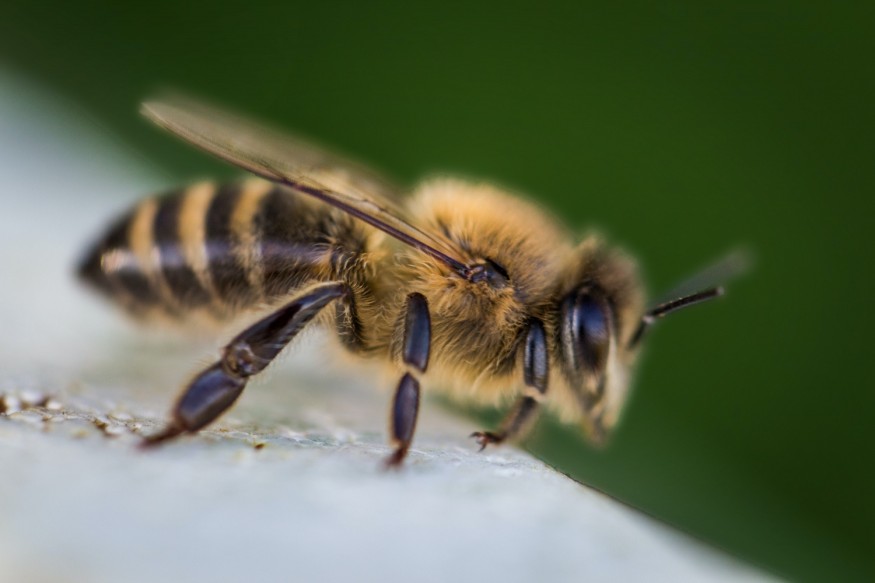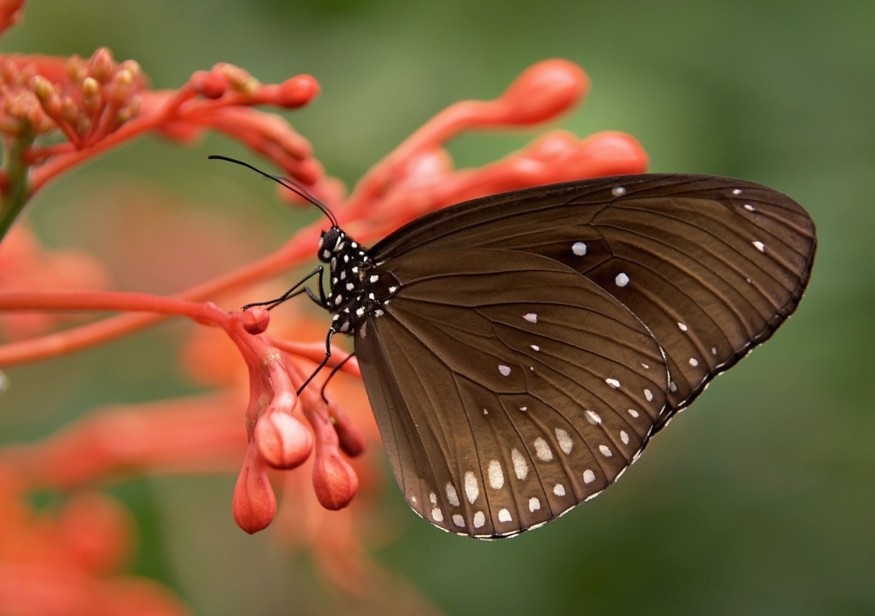Research scientists have warned that the insect kingdom may soon go extinct as they "die by a thousand cuts" annually. Insecticides, herbicides, invasive species, climate change, changes in land use, and agriculture have been blamed for this severe cut down on insects worldwide.

The bug specialists claim the Earth is presently losing 1 percent to 2 percent of the insect population every year. This was revealed in Monday's Proceedings of the National Academies of Sciences, written by up to 56 scientists from around the world by David Wagner, an entomologist from the University of Connecticut and the lead author in the special package of 12 studies.
ALSO READ - Insects: Endangered Species International
World's Top Specialists Still Perplexed, Unsure of What to Do

The world's top bug scientists see this worrying problem which many now be referred to as the 'insect apocalypse' - as relatively perplexing. They do not have the entire pieces of the jigsaw puzzle and that is why they are presently finding it rather difficult to fully grasp the complexity and enormity of the situation.
As it stands, the world is yet to notice this flagrant decline in the insect universe and is not doing anything to stop it.
According to David Wagner, scientists are still trying to figure out the exact rate at which the Earth is losing its precious little friends and they still need to know if insects' loss is far more significant than with other species roaming the planet.
"There is some reason to worry a lot more," Wagner adds, "because they are the target of attack" with herbicides, light pollution, and insecticides. Insect Decline Comparable to Climate Change, Says National Medal of Science Winner
May Berenbaum, an entomologist from the University of Illinois, a co-author and National Medal of Science winner, said, "Insect decline can be comparable to climate change thirty years ago because the methods to assess the extent or the rate of loss was difficult."
And to make this matter even worse, most people hate bugs, despite the simple fact that they pollinate the world's foods. And they are super essential to the food chain and even assist in getting rid of waste, Berenbaum said.
According to Wagner, insects are the fabric that the tree of life and Mother Nature herself are built. Two popular ones - i.e., Monarch butterflies and honeybees - are perfect illustrations of insect declines and problems, the entomologist said.
Honeybees have undergone a severe and dramatic decline because of insecticides, parasites, disease, lack of food, and herbicides.
How Climate Change Contributes to Insect Annihilation
The drier weather in the United States is currently driven by climate change. And this means there will be far less milkweed for butterflies to consume, Wagner said. The significant changes in American agriculture also help eliminate flowers and weeds the diurnal insects need for nectar.
The number of honeybees has plummeted to dangerously low levels, less than 30,000 monarchs over the past 2 years. These Western monarchs' incredible migration is a fragile but unique piece of North America's natural history. According to the director of invertebrate care and conservation at San Diego Zoo Global, Paige Howorth, it is presently on the brink of collapse.
According to another entomologist from the University of Delaware, Doug Tallamy, individuals can do a lot more to reverse the insect kingdom's decline, except for climate change. Tallamy was not part of the studies that exposed this drastic trend.
"This may be a global problem, but it requires a grassroots solution," Tallamy also added.
RELATED ARTICLE - Are Honey Bees Endangered? Here's the Truth of The Matter
For more news, updates about insect extinction and similar topics, don't forget to follow Nature World News!
© 2026 NatureWorldNews.com All rights reserved. Do not reproduce without permission.





